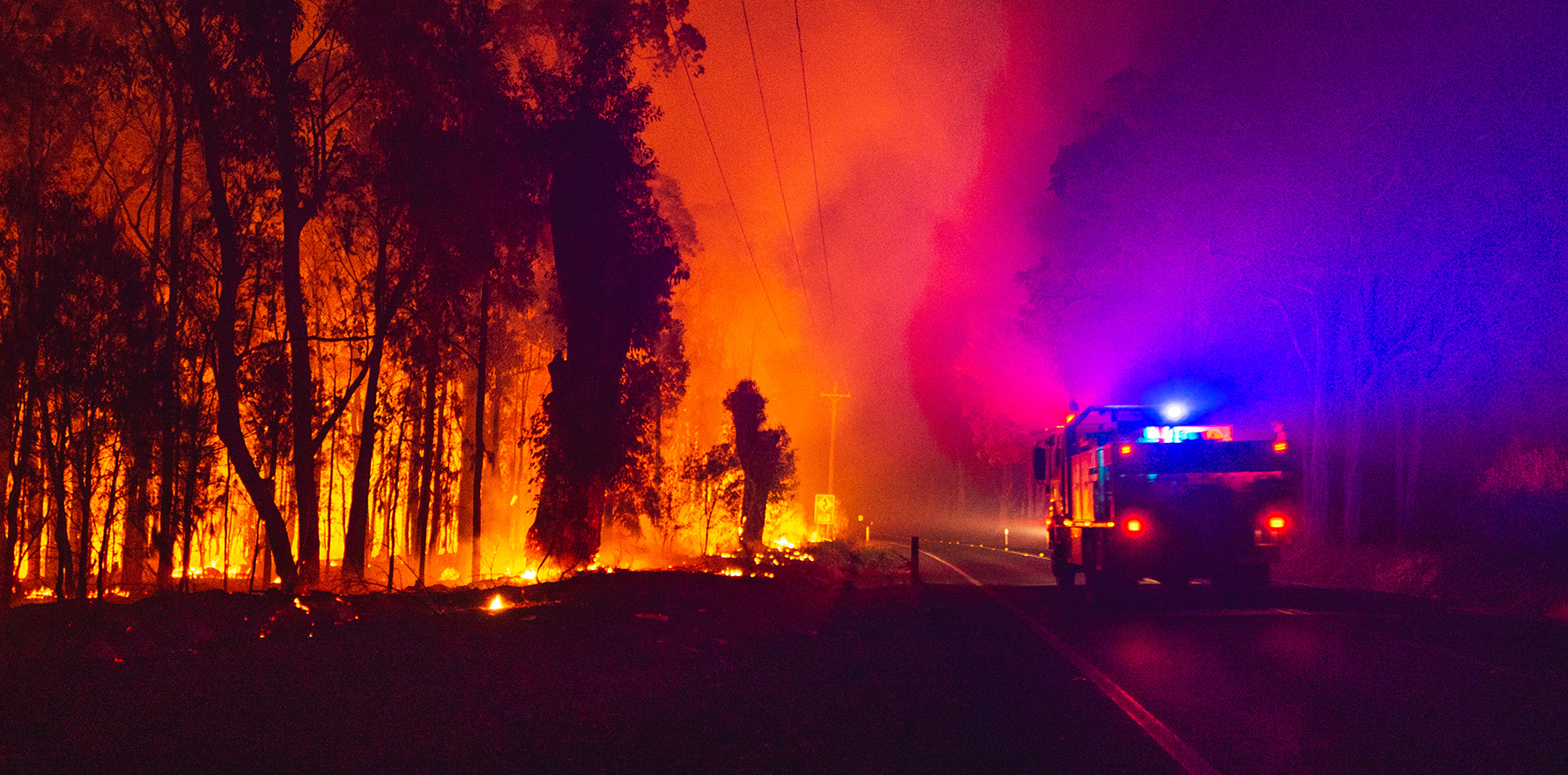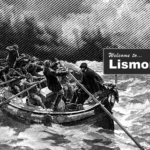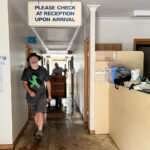As natural disasters become more frequent, the AMA is calling for rural and regional GPs to be considered essential services in emergencies.
Ahead of what could be a repeat of the 2019 bushfire season, the AMA is urging the Department of Home Affairs to take better care of privately-owned primary healthcare following natural disasters.
GPs and practices that support communities in the aftermath of events like the 2019 Black Summer and the 2022 Lismore floods, the association said, should not face funding uncertainty in the years following.
The Department of Home Affairs is currently investigating alternative Commonwealth capabilities for crisis response as an “acceleration of major climate events” tests the boundaries of the current emergency management systems.
Under the current settings, states and territories tend to be responsible for the protection of life, property and environment within their jurisdiction while local governments are responsible for rebuilding and managing regional infrastructure.
Volunteer and non-profit groups, meanwhile, make up the bulk of state-based emergency service personnel and are the “foundation” workforce that responds to domestic crises.
Made up of small, privately owned businesses and largely dependent on national-level funding, general practice occupies an awkward space in disaster management.
It means that general practice can fall through the cracks when it comes to allocating funding; practices like the Keen Street Clinic in Lismore waited almost one year for proper funding to be made available.
“I went to Lismore last year and I saw the devastation,” AMA president Professor Steve Robson said.
“There was a lack of infrastructure almost a year after the disaster … funding needs to be provided to healthcare workers to look after patients who have survived so much loss and devastation.”
In its submission to the Department of Home Affairs inquiry, the AMA said the failure to include GPs in disaster preparedness frameworks “ensures under preparedness, confusion and isolation in response resulting in lost opportunities for reducing disaster health risks and health care optimisation in a period of exceptional need and demand”.
All doctors and healthcare services, it said, should be considered “essential” and have reserved funding and resources for crises.
“When a disaster occurs, it is essential that affected communities have ongoing access to primary care services,” it said.
“At these times GPs are at the frontline in providing care, treatment, and support to people in their community.
“They must be supported and equipped to provide crisis care … research shows that GPs, even when personally affected by disaster, will do their utmost to respond to the health care needs of their community.”
For GPs to be able to participate to their full capacity in triaging, supervising first aid efforts, treating the walking wounded or provide support to local hospitals, the AMA said the Commonwealth would need to support GPs to have flexible use of Medicare provider numbers, access to the MBS while practising in temporary premises and flexibility in claiming mental health items.
Ongoing and appropriate medical indemnity for providing care during a disaster, particularly for medical students or retired doctors was also mentioned.
The other big focus of the AMA’s submission was communication – or, rather, the historical lack thereof.
During the vaccine rollout, it became routine for patients to hear about changes to eligibility criteria via the news and calling up their general practice for an appointment only to be met with confusion on the part of reception staff.
The association identified the incoming Australian Centre for Disease Control as a potential central source of truth for doctors when it came to important health policy changes during a disaster.





